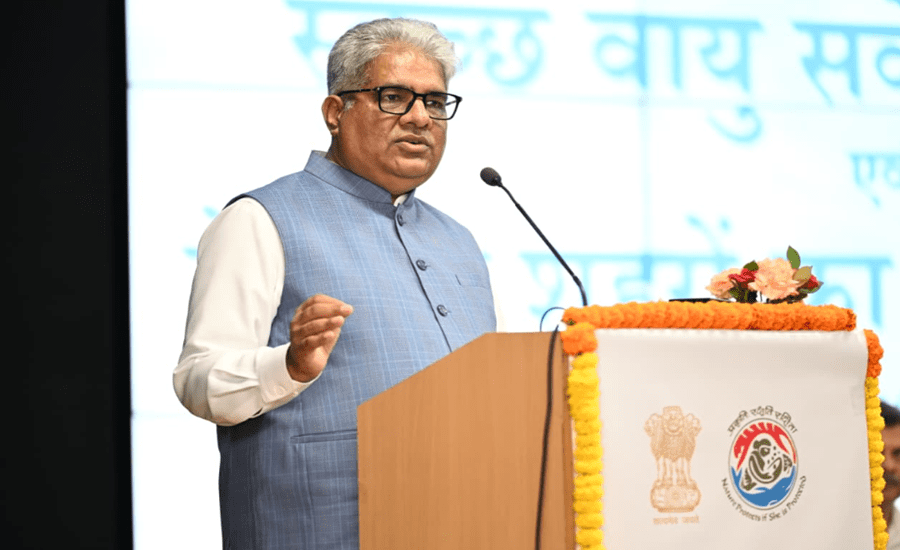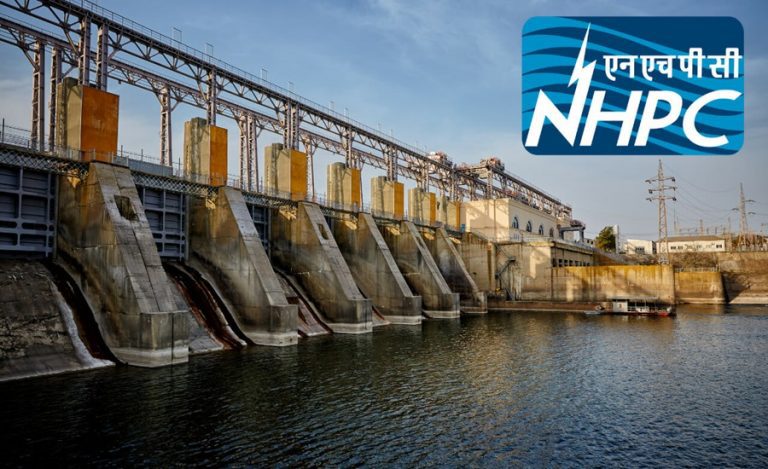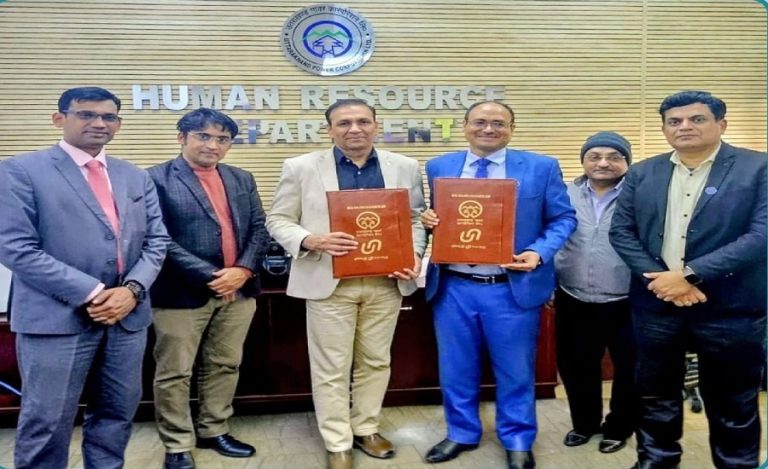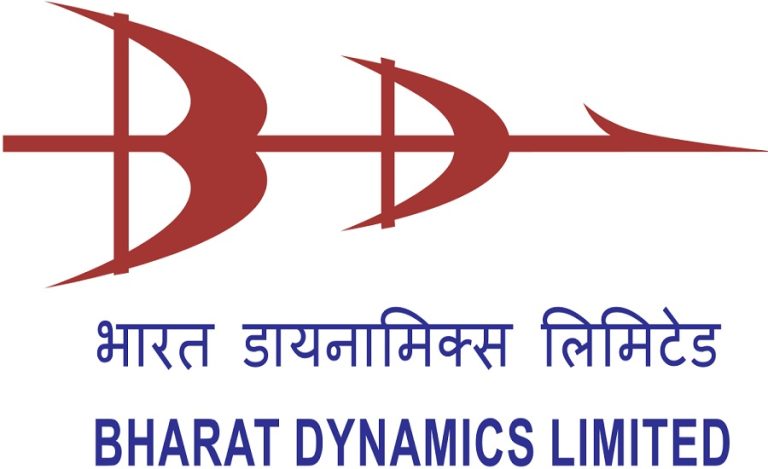The Ministry of Environment, Forest and Climate Change (MoEFCC) organised the Swachh Vayu Sarvekshan Awards and Wetland Cities Recognition Ceremony 2025 in New Delhi. Union Minister of Environment, Forest and Climate Change, Mr. Bhupender Yadav, felicitated the best-performing cities under the National Clean Air Programme (NCAP).
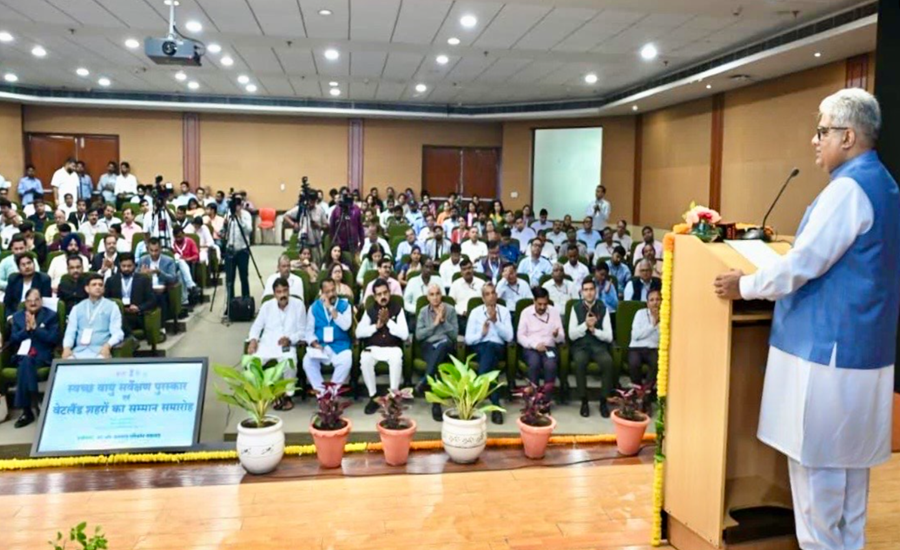
Launched in 2020 with the vision of the Prime Minister, NCAP has grown into a transformative mission, demonstrating marked improvements in urban air quality.
Top-Performing Cities in Clean Air Mission
Mr. Bhupender Yadav congratulated eleven cities for their achievements under Swachh Vayu Sarvekshan 2025. Indore led the rankings with a perfect score of 200 out of 200 and received a cash award of Rs. 1.5 crore. The city planted over 16 lakh trees in the last year, securing a Guinness World Record, and operates 120 electric and 150 CNG buses.
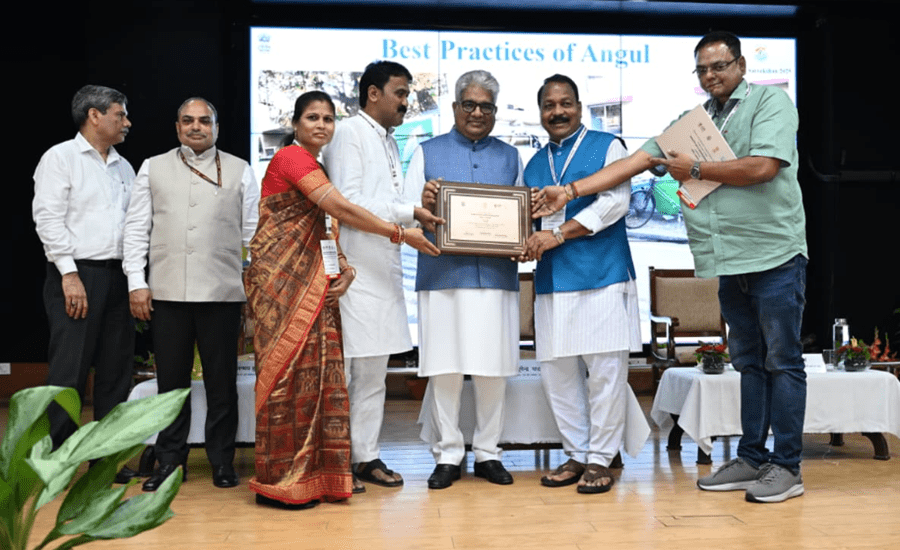
Jabalpur secured the second position with 199 points and a Rs. 1 crore cash award, recognised for its 11 MW waste-to-energy plant and extensive greenery. Agra and Surat jointly ranked third with 196 points, receiving Rs. 25 lakh each. Agra focused on remediating legacy waste sites and Miyawaki plantations, while Surat implemented an EV policy, incentivised clean transport, and maintained 38% green cover.
Recognising Mid-Sized and Smaller Cities
In Category-2 (population 3–10 lakh), Amravati topped with a score of 200 and a Rs. 75 lakh award, lauded for extensive road infrastructure, greening of 53 gardens, and converting 19 acres into forest. Jhansi and Moradabad shared second rank with scores of 198.5, earning Rs. 25 lakh each. Alwar secured the third rank with 197.6 points, recognised for waste remediation.
In Category-3 (population below 3 lakh), Dewas ranked first with 193 points, winning Rs. 37.50 lakh for shifting industries to cleaner fuels. Parwanoo ranked second with 191.5 points and Rs. 25 lakh, and Angul placed third with 191 points and Rs. 12.50 lakh, acknowledged for road works and public outreach.
Financial Mobilisation for Green Infrastructure
The Government has allocated Rs. 20,130 crore for NCAP implementation and provided Rs. 13,237 crore as performance-linked grants to 130 cities since 2019. Through convergence with schemes like Smart Cities Mission, Swachh Bharat Mission (Urban), AMRUT, SATAT, FAME-II, and Nagar Van Yojana, Rs. 73,350 crore has been mobilised. State governments and local bodies have contributed Rs. 82,000 crore, resulting in a total mobilisation of Rs. 1.55 lakh crore for clean air and sustainable infrastructure.
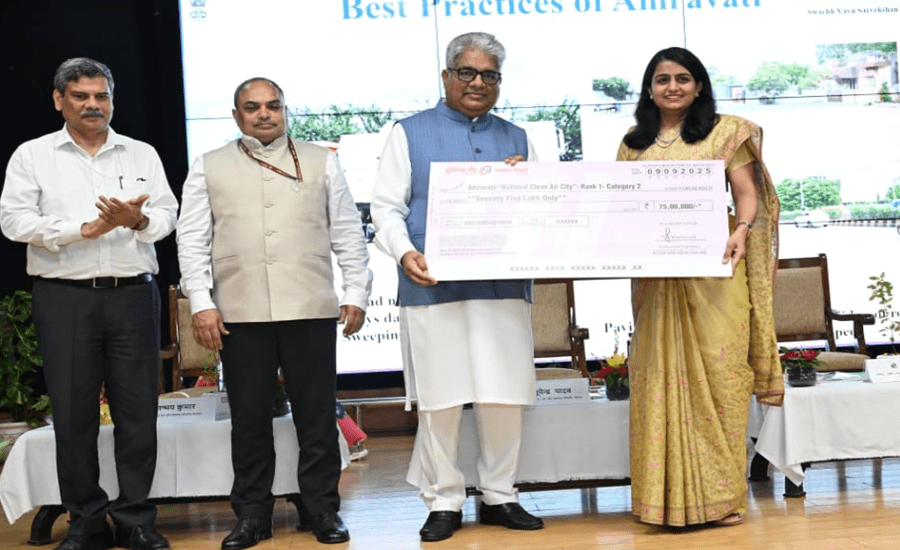
Ramsar Wetland Recognition and Environmental Commitments
Highlighting India’s leadership in wetland conservation, Mr. Yadav announced that Indore and Udaipur have been accredited as Wetland Cities under the Ramsar Convention. India now hosts 91 Ramsar sites covering 1.36 million hectares, the highest in Asia.
Mr. Yadav emphasised India’s achievements, including a 250% rise in Ramsar sites since 2014, Mission Amrit Sarovar for water rejuvenation, and Mission LiFE for environment-friendly lifestyles. He also announced that MoEFCC will plant 75 crore trees under the Ek Ped Maa Ke Naam campaign and establish 75 Nagar Vans between 17 September and 2 October 2025.
Impact of NCAP on Air Quality
The Minister highlighted that 103 of 130 cities have shown improvement in PM10 levels. Sixty-four cities achieved a 20% reduction since 2017-18, and 25 cities achieved a 40% reduction by 2024-25. Ward-level Swachh Vayu Sarvekshan guidelines were launched to deepen citizen engagement at the grassroots.
A Compendium of Best Practices under NCAP was also released, offering guidance for cities nationwide. Digital platforms like the PRANA portal are enabling cities to track progress and ensure transparency.
Commitment to Sustainable Development
Mr. Yadav reiterated the government’s mission for clean air, sustainable urbanisation, and environmental protection. He congratulated mayors, municipal commissioners, district collectors, and pollution control board officials present at the ceremony for their dedication. He stressed the need to continue working in mission mode to ensure that every citizen breathes clean air and that every city contributes to India’s sustainable future.

